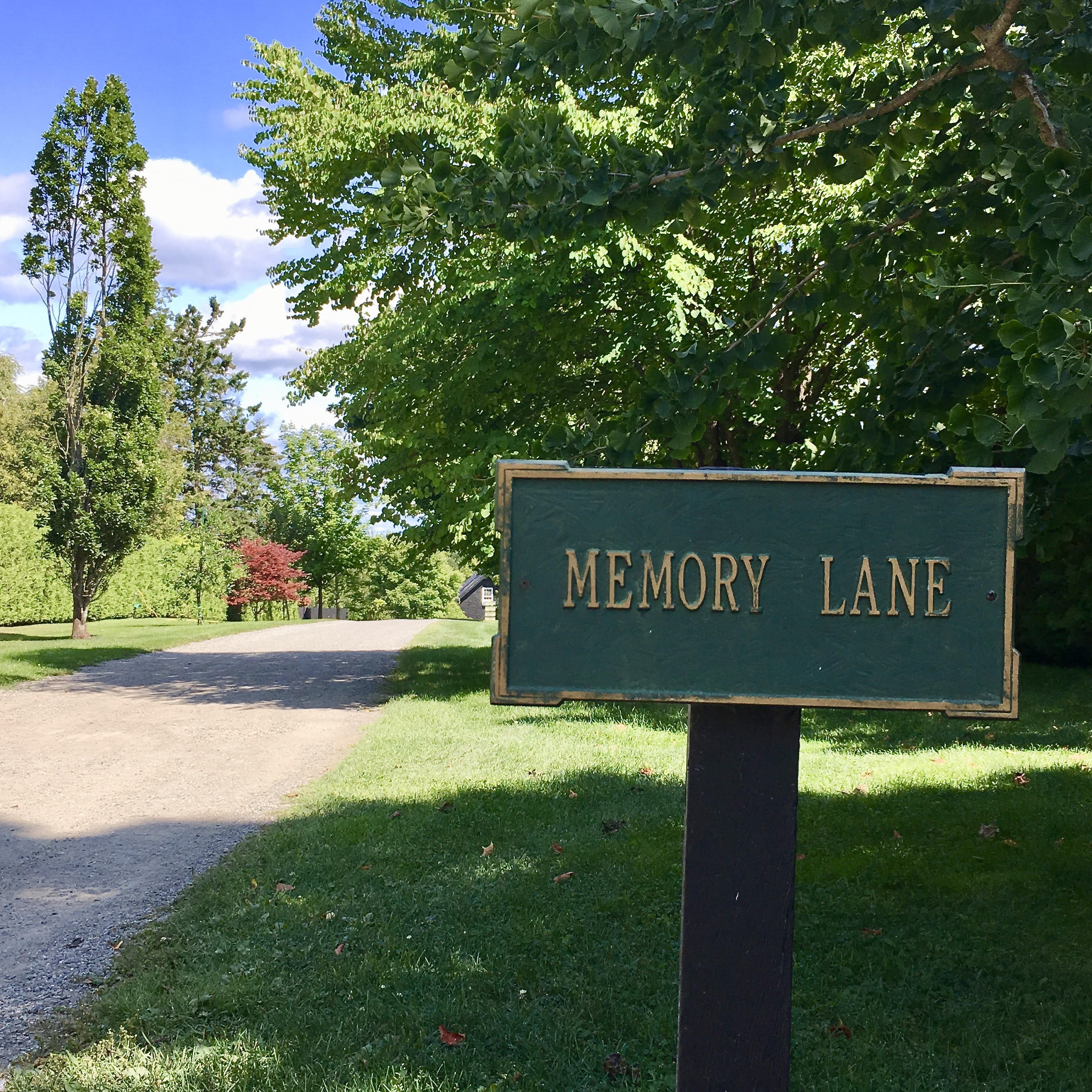Forty years of research about the psychology of human memory has shown that our memories are far from perfect replicas of the events that they purport to describe. Eyewitness accounts, in particular, have been proved unreliable – with a profound impact on the value of courtroom testimony. Thousands of criminal convictions have been based on identifications and accounts later shown to be incorrect.
Human memory is malleable -- it is affected by a number of factors that can modify it or distort it. It is well known that people can be induced to remember and to sincerely believe episodes from their past that never actually happened.
This presents a difficult task for the trial lawyer. It’s not just criminal cases that turn on witnesses’ recollections of events. Most civil cases also rely on witnesses, and subjective assessments of witness credibility. Before a lawyer decides to put a fact witness on the stand, he or she needs to have some sense of how reliable that witness will be.
Here are three suggestions, based on research by forensic psychologists, for the trial lawyer who wishes to assess the likely accuracy of a witness at trial.
- Ask the witness how confident he or she is about the planned testimony. There can be a significant relationship between how confident a witness is of his or her testimony and the likelihood that the testimony is accurate. The trial lawyer should ask the witness for a “confidence statement.” Is the witness 90 percent sure that this is what happened? Only 60 percent sure? The answer will help the trial lawyer decide how much weight to place on the witness’s testimony, or even whether to call him or her to the stand at all.
- Have the witness write down the key details of what he or she saw or heard. Details that are written down soon after the event are likely to be more accurate. The sooner a memory is recorded, the smaller the chance that it will be warped by hearing the accounts of others. In a civil case, it may have been months since the events in question occurred, but it still helps to ask the witness to write everything down, in his or her own words.
- Do not discuss the testimony with the witness too many times. Sometimes, if a witness is over-rehearsed, his or her testimony will harden to a point where it becomes rote and projects a confidence in details that is not really justified. It’s no surprise that sometimes witnesses say that they are “absolutely sure” of their testimony because they have been asked to repeat it on countless occasions before the trial. So keep to a minimum the number of times that the witness is asked to repeat his or her story.
Other A2L free resources related to witness preparation, expert witnesses, and the science of persuasion include:
- Witness Preparation: Hit or Myth?
- The Top 14 Testimony Tips for Litigators and Expert Witnesses
- 3 Ways to Handle a Presentation-Challenged Expert Witness
- 7 Smart Ways for Expert Witnesses to Give Better Testimony
- Contact A2L about witness prep services performed by industry-leading consultants
- Free Download: Storytelling for Litigators
- How jurors evaluate expert witnesses vs. how lawyers do
- Witness preparation best practices - don't stay in the shallows!
- A2L Consulting Voted #1 Jury Consulting Firm by Readers of LegalTimes
- 7 Things You Never Want to Say in Court
- How NOT to Go to Court: Handling High Profile Clients
- No Advice is Better Than Bad Advice in Litigation
- Practice, Say Jury Consultants, is Why Movie Lawyers Perform So Well
- Webinar - Integrating Argument and Expert Evidence in Complex Cases
- Walking the Line: Don't Coach Your Experts (Re: Apple v. Samsung)
- 3 Articles Discussing What Jurors Really Think About You






Leave a Comment